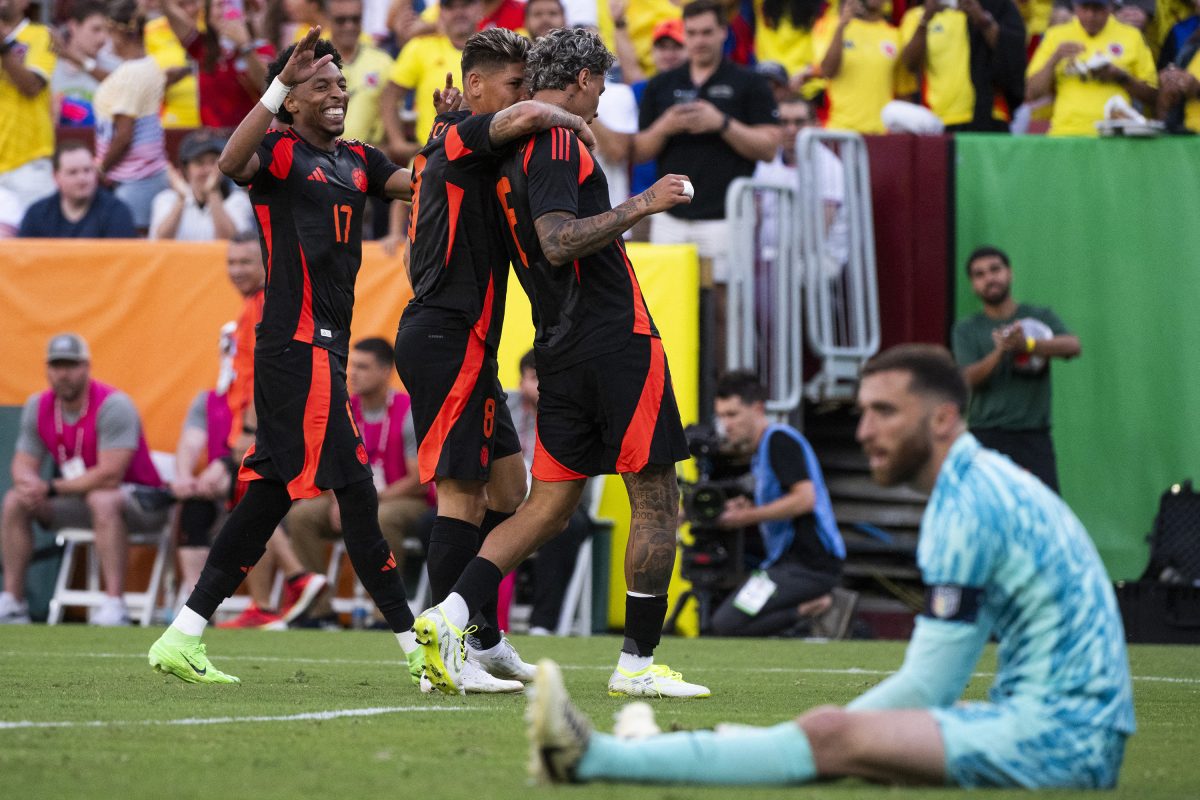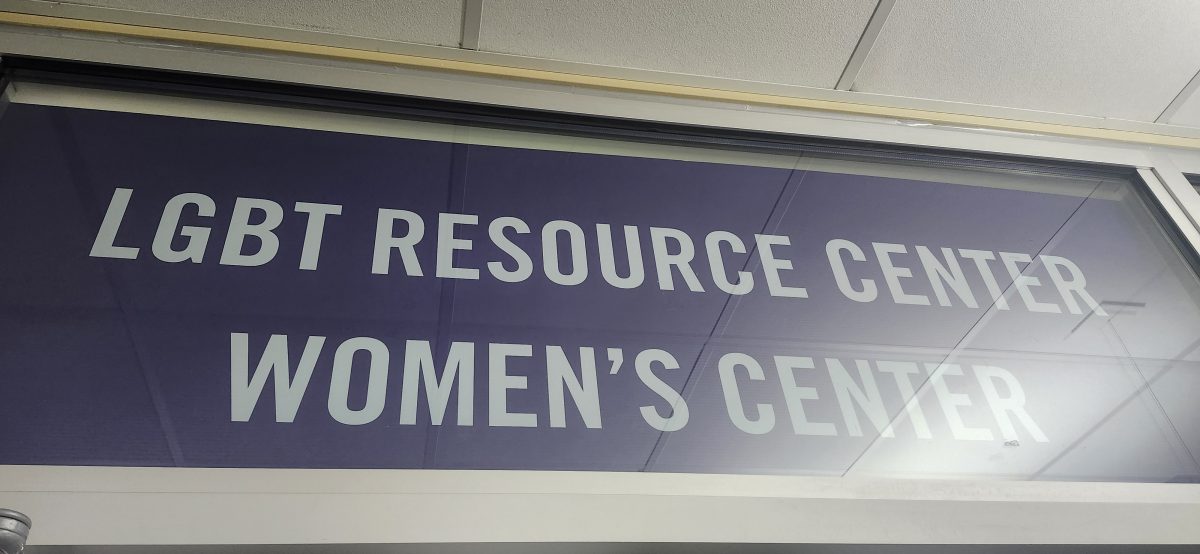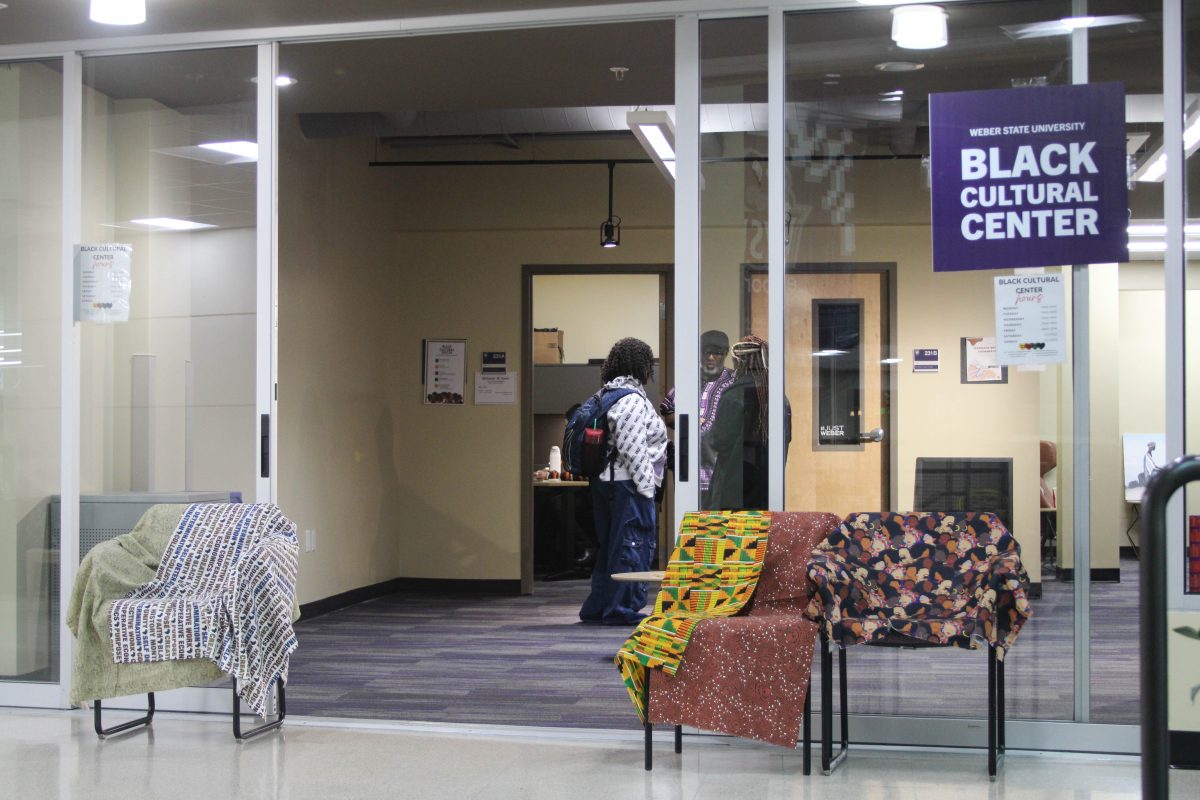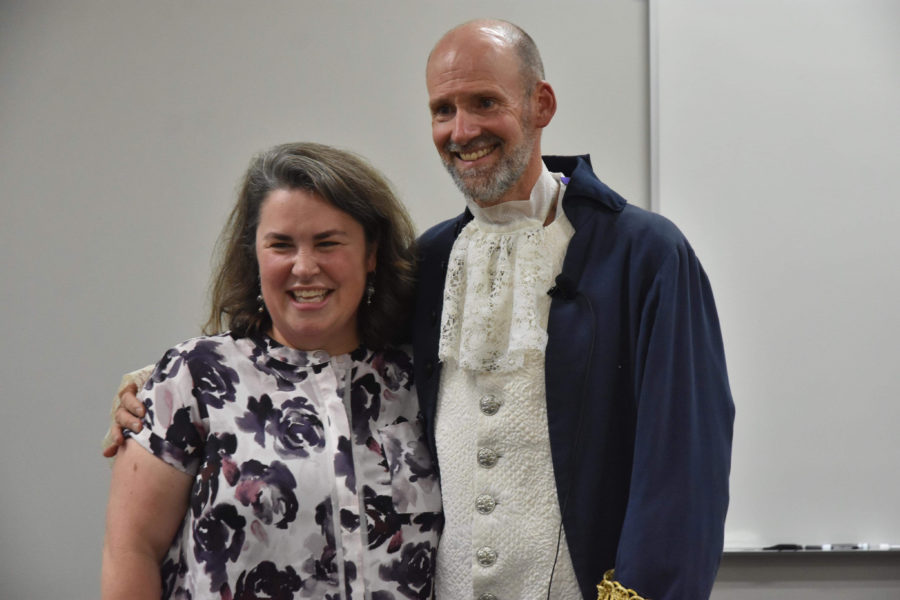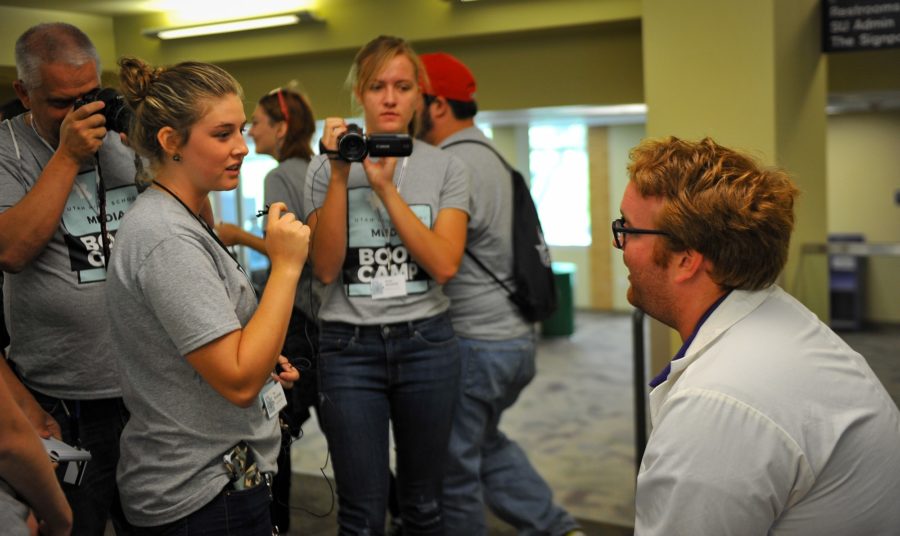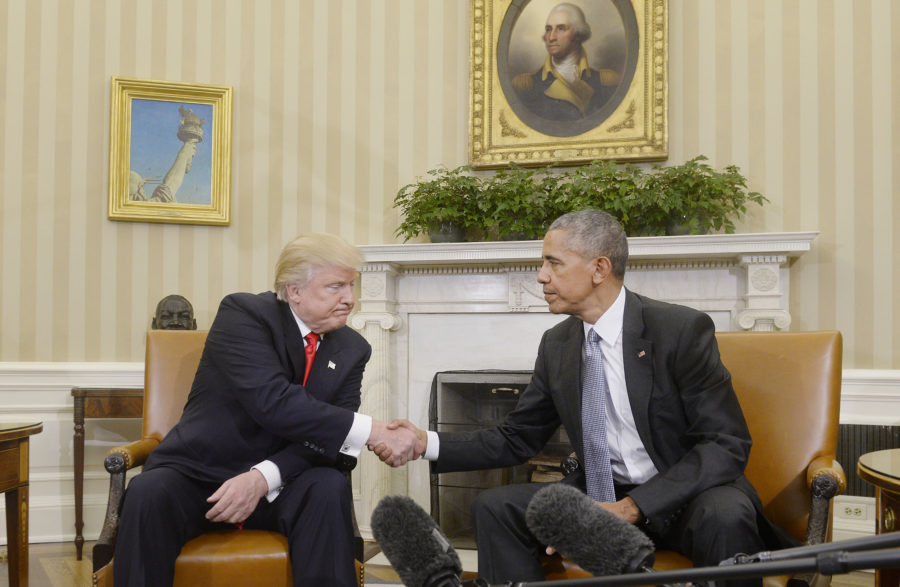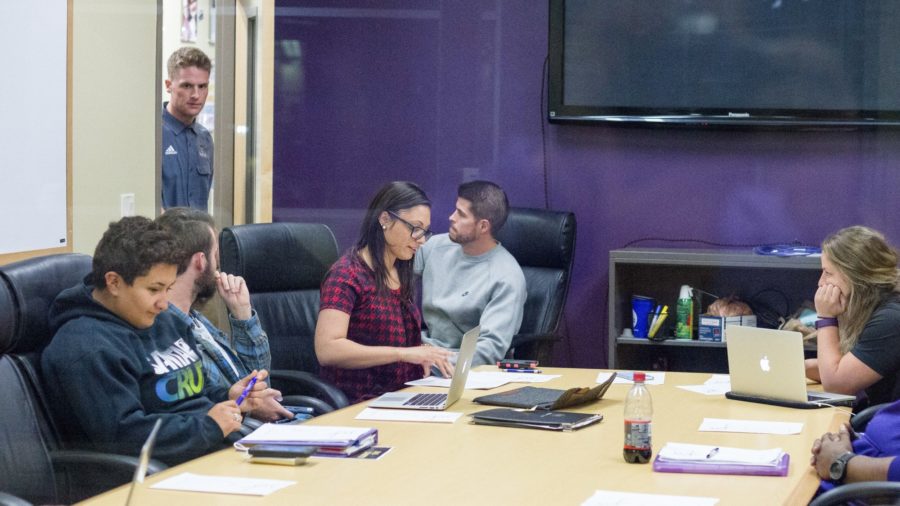Al Gore. Dick Cheney. Joe Biden. Dan Quayle.
It’s not exactly as regal a group as Clinton, Obama and the Bushes, but the office of the vice president of the United States of America is a vital and necessary position in the workings of our government. Though some might cry during the vice presidential debate that “these guys don’t actually do anything,” they would be wrong.
The office of the vice president was created during the Philadelphia Convention of 1787 as a means of making the Electoral College voters vote more fairly. Each state had as many presidential electoral votes as was equal to that same state’s combined share of House and Senate seats. The delegates were worried the state voters would simply use this vote to elect its own state’s favorite candidate. Each state was given two votes for every House and Senate seat so that each state could vote for its own favorite, but be forced into voting for another candidate.
The delegates were still worried that this would mean each state would vote for its own candidate, and then use the other vote on a throwaway candidate. To keep this from happening, the Philadelphia delegates decided the runner-up in each election would automatically become the vice president. By creating this office, the delegates ensured that voters would not use throwaway votes, because each vote still had some political value.
This process has, of course, changed so that each party now selects its own vice presidential candidate to run alongside the presidential one, but that does not mean the office of the vice president is a useless one.
The vice president’s most obvious duty is to, according to the U.S. Constitution, assume the “powers and duties” of the office of president should the president pass away or become disabled while in office. This duty, originally, was a bit unclear; no one knew if this meant the vice president became a full president or just took on his duties as “acting president.” And if it weren’t for John Tyler, we wouldn’t know.
In 1841, President William Henry Harrison died after only 32 days in office. Tyler was his VP and decided that he was entitled to a full succession to the office of president. The opinion of the nation was split on this act’s constitutionality when it happened, but become president he did, setting what is now known as the Tyler Precedent (which established legal precedent of full presidential succession and was further made explicit by Section 1 of the 25th Amendment).
The vice president has many other regular duties, most prominently in his role as president of the Senate, in which he oversees the procedure of the Senate and can cast a vote in the event of a tie. Though he rarely is literally presiding over the day-to-day Senate activities, he is responsible for it. The vice president also presides over the counting and presentation of the votes for the Electoral College and can preside over impeachment trials of federal officers in all cases except for when the president is on trial. The vice president also carries out many diplomatic, ceremonial or policy-making roles.
Though the debate between Vice President Joe Biden and Romney’s right-hand man Paul Ryan might appear to be politically insignificant, it was worth hearing their words. The vice president is a powerful man, a valuable political ally and worthy of notice.



